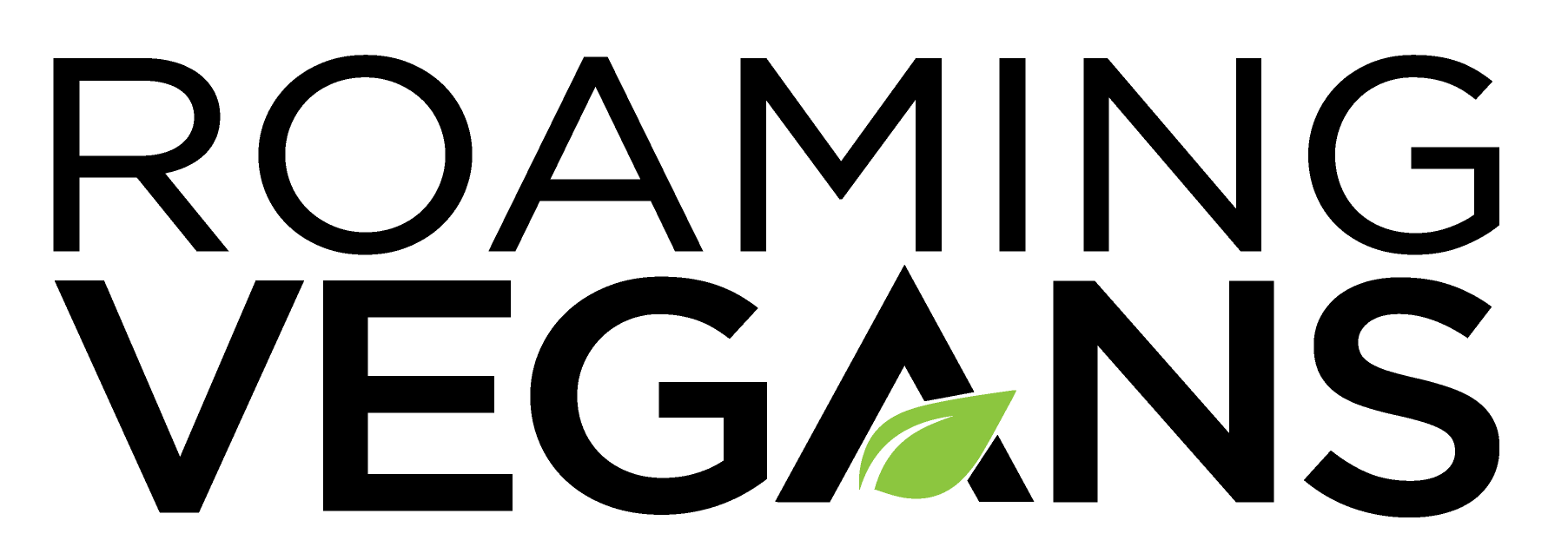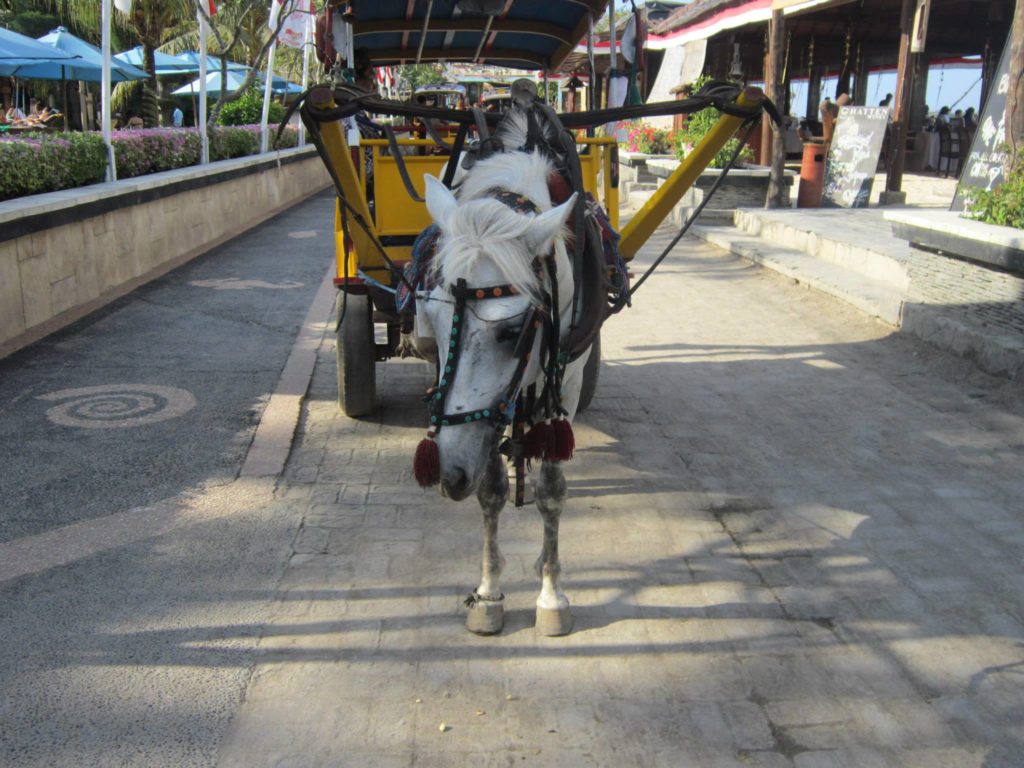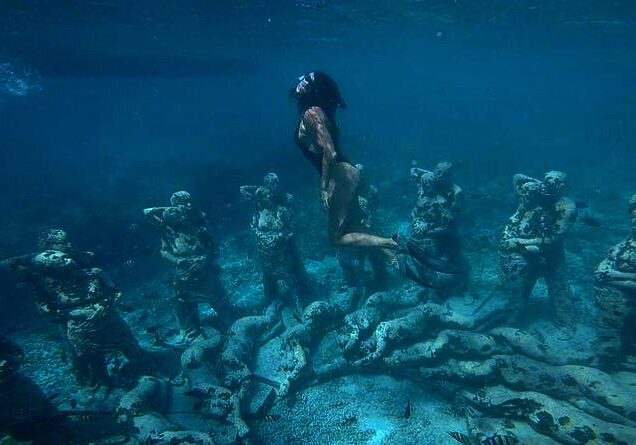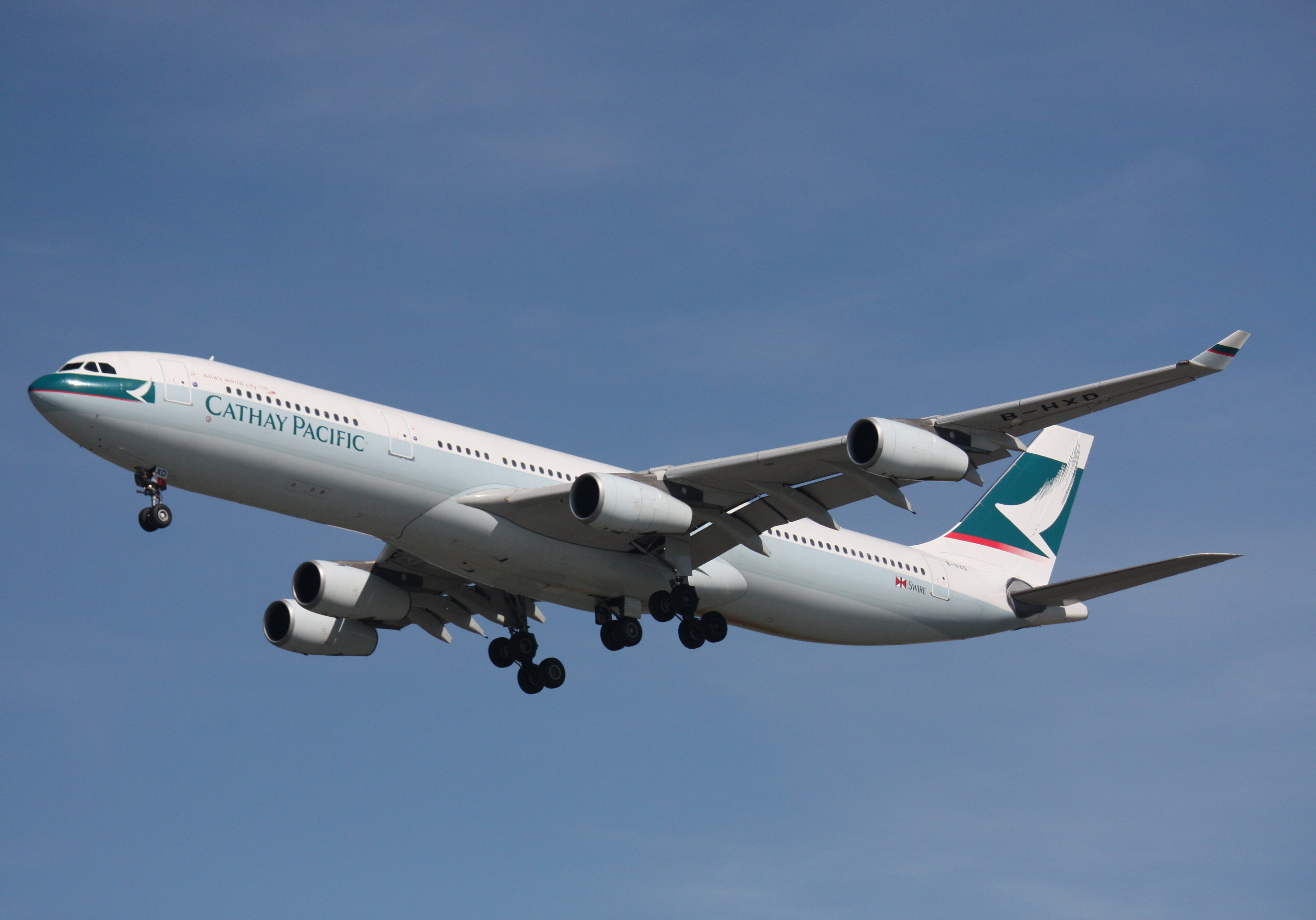The Gili Islands are a vision of crystal-clear waters, all-night beach parties, and world-class snorkeling, but mass-tourism has fueled a dark industry of animal cruelty in this, so-called, paradise.
As soon as the boat docked at Gili Air, I saw the horses.
Dozens of them lined up for the next batch of tourists to arrive. All of them clearly malnourished, depressed, and already utterly exhausted in the humid midday heat.
For the arriving tourists, this was their first day in paradise, but for the horses, this was far from it.
I stood next to a horse, while local carriage-drivers (cidomos) shouted prices at me, and I stared into the horse's bleak, defeated eyes. I could only see fear and depression. The horse's rib-cage was protruding; it appeared starved.
It wasn't long before a group of boisterous tourists followed by their heavy luggage was heaved into the carriage and the horse trotted off obediently into the unforgiving midday heat.
The Gili Islands are small, we walked with our packs to our guesthouse, giving one horse a little longer rest... all we could do in that moment.
The Treatment of Horses in the Gili Islands
It is overwhelmingly clear Gili's horses are suffering.
A group of animal activists, the Gili Carriage Horse Support Network, have reported disturbing conditions the horses face.
There are approximately 500 horses in the Gili Islands and they work long hours, day and night, with little time to rest. The horses appear thirsty, starved, and fearful of the carriage drivers.
Gili horses are expected to live between 1-3 years, while the average lifespan of a horse is 25-30 years. The horses are ultimately being worked to their death.
There are reports of horses being beaten, working 18 hour days, deprived of any social or "playtime". The horses are slaves to Gili Island tourists and work until they collapse.
You have to wonder, if dogs were being treated this way, would you support it?
How to help
The poor treatment of the Gili Islands' horses is ultimately funded by tourists. If people stopped paying for rides, there would be no demand, and the industry wouldn't exist.
All three of the Gili Islands are small enough to walk around, but bicycles are available to rent at far more affordable prices than horse carriages are.
A little bit of convenience isn't worth the suffering of another living being. Be a conscious traveler, and don't support Gili's horse cruelty.






I was going to go, but can’t now. Can’t even manage seeing this cruelty 😣
It’s a shame, because the place is incredible.